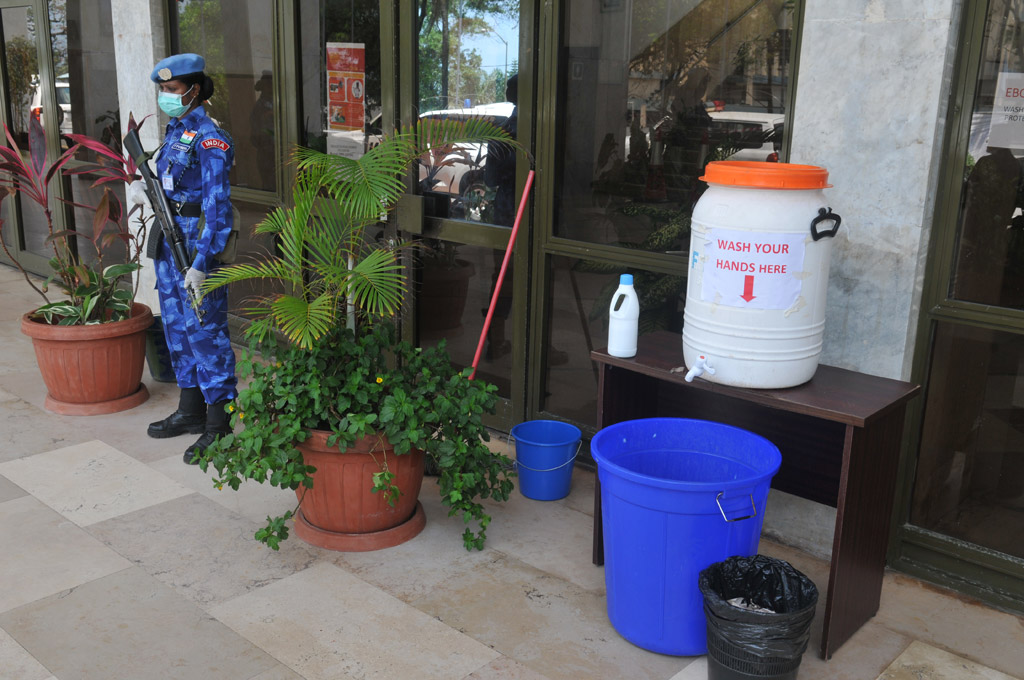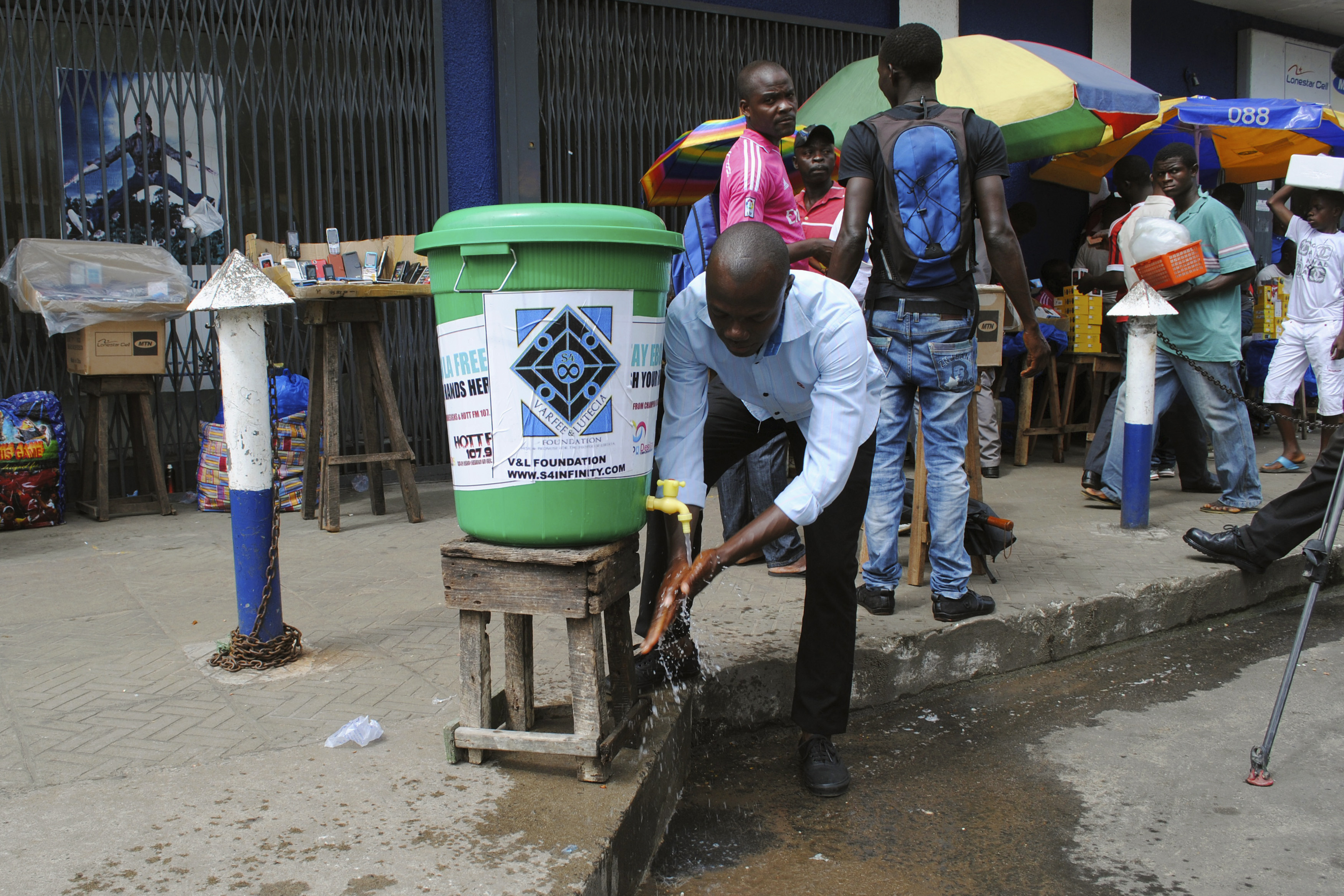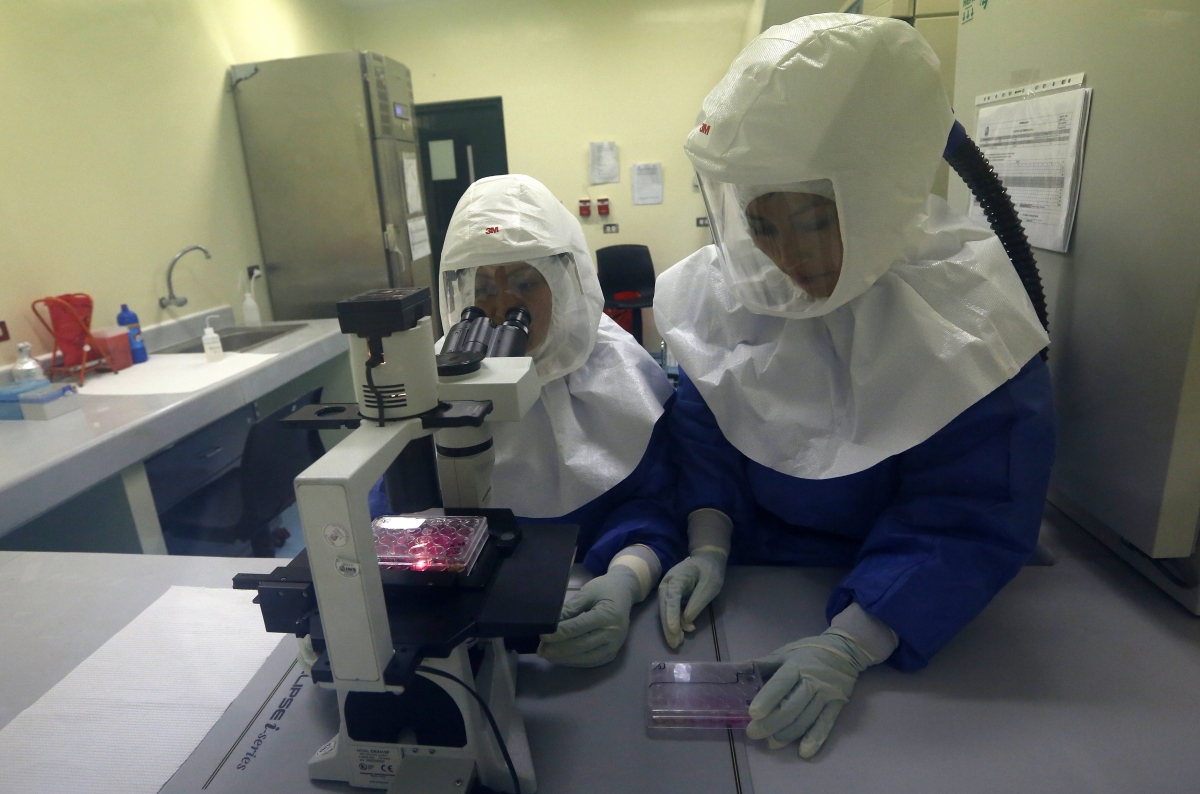In an unprecedented action, an emergency meeting of the UN Security Council has declared the Ebola virus disease “a threat to international peace and security” while Secretary-General Ban Ki-moon announced the formation of an emergency mission to fight the deadly disease.
The Council, which usually deals with international conflicts, took on the disease ravaging three countries in West Africa, and approved a resolution Thursday sponsored by 131 countries “determining that the unprecedented extent of the Ebola outbreak in Africa constitute a threat to international peace and security”. Underlining the international concern over the disease with no vaccine available and cures rare, it was the largest number of sponsors ever for a resolution in the Security Council.
The Council president, US Ambassador Samantha Power, said this was the Council’s first emergency meeting on a public health issue.
Ban announced at the Council meeting the formation of the new organisation to take on the disease on a battle-footing.
“To be known as the United Nations Mission for Ebola Emergency Response, or UNMEER,” he said, it “will have five priorities: stopping the outbreak, treating the infected, ensuring essential services, preserving stability and preventing further outbreaks.”
He appealed for international aid for the effort, not only from governments, but also busineses. The UN has estimated that it would need $1 billion over the next six months to deal with the crisis.
Ban also called for ending travel and trade restrictions on three affected countries — Liberia, Guinea and Sierra Leon — as these could affect medical personnel going there and delivery of supplies. The Council resolution took up the issue, expressing concern about major airlines and shipping companies introducing travel restrictions to the affected countries.
World Health Organisation head Margaret Chan told the Council that reports Ebola has affected more than 5,500 people and killed over 2,500 killed are “vast underestimates”.
“None of us experienced in containing outbreaks has ever seen, in our lifetimes, an emergency on this scale, with this degree of suffering and with this magnitude of cascading consequences,” she said.
Earlier, at a press briefing, a reporter asked the secretary-general’s spokesman about a potential threat of terrorists using Ebola. The spokesman said it was a matter of concern. “It can also impact the political stability of a country and lack of political stability can breed other problems. So, this is why, I think, the secretary-general
is focused on getting the UN system to work together in the most efficient way possible to stop the virus from spreading and to support national governments.
Source: yahoo news





